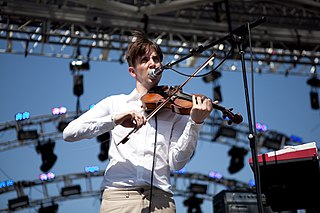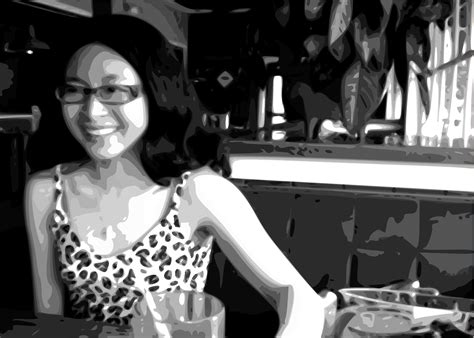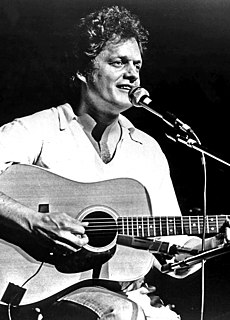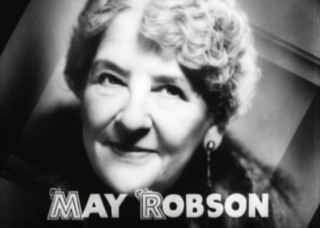A Quote by Suzanne Collins
It's funny, because even though they're rattling on about the Games, it's all about where they were or what they were doing or how they felt when a specific event occurred. . . . Everything is about them, not the dying boys and girls in the arena
Related Quotes
We felt the imprisonment of being a girl, the way it made your mind active and dreamy, and how you ended up knowing which colors went together. We knew that the girls were our twins, that we all existed in space like animals with identical skins, and that they knew everything about us though we couldn’t fathom them at all. We knew, finally, that the girls were really women in disguise, that they understood love and even death, and that our job was merely to create the noise that seemed to fascinate them.
Some Nickelodeon executives were worried about backing an animated action show with a female lead character. Conventional TV wisdom has it that girls will watch shows about boys, but boys won't watch shows about girls. During test screenings, though, boys said they didn't care that Korra was a girl. They just said she was awesome.
...But we enjoyed playing games and were punished for them by men who played games themselves. However, grown-up games are known as 'business' and even though boys' games are much the same, they are punished for them by their elders. No one pities either the boys or the men, though surely we deserve pity, for I cannot believe that a good judge would approve of the beatings I received as a boy on the ground that my games delayed my progress in studying subjects which would enable me to play a less creditable game later in life.
I was able to notice in a very early stage, there were discrepancies between the people who are writing the songs and discrepancies about the self that I was writing about. I was feeling that there were all these different people, both writing the record and having the record being written about them, even though ostensibly it was me sitting down and documenting a series of life experiences. Part of that, when I recognized this unconscious thing I was doing, was about these spaces, about these gaps.
I was the last one of nine kids - eight girls and me last - and my sisters were going out. They were teenagers. And as they were getting ready, I would sit on the bathtub and watch them put on makeup and transform themselves - you know, putting on clothes and giggling about the boys they were going to meet and everything. So for me, that was an amazing thing - the fact of transforming themselves.
I knew what it felt like to have no say in who you were as a sexual being. It didn't just strip away your dignity. It stripped away everything you were: your identity, your self-respect, your pleasure. Because it was all about the pleasure of the other person take, take, taking whatever they wanted from you, even if it was uncomfortable, or caused you pain. Even if you died from it, the other person still wouldn't care, because it was all about them.
Girls . . . were allowed to play in the house . . . and boys were sent outdoors. . . . Boys ran around in the yard with toy guns going kksshh-kksshh, fighting wars for made-up reasons and arguing about who was dead, while girls stayed inside and played with dolls, creating complex family groups and learning how to solve problems through negotiation and roleplaying. Which gender is better equipped, on the whole, to live an adult life, would you guess?
I was pregnant with my youngest child at the time, writing about mass death while I'm growing this precious little life inside me. Here I am, worried about everything I eat and drink and whether I walk past a smoker, and meanwhile I'm writing about an event where almost three hundred children were slaughtered. Most were never identified and are buried in a mass grave in Oakland. It was surreal. But it felt good to give Jim Jones's victims a voice, especially ordinary church members.





































